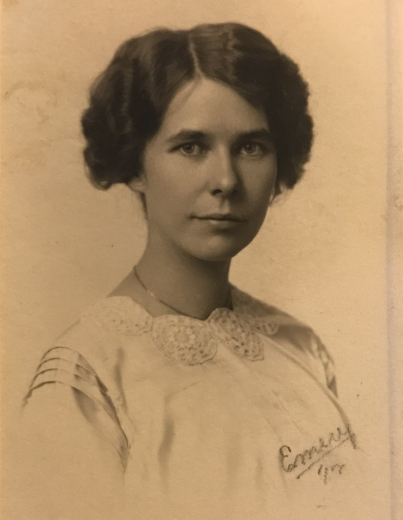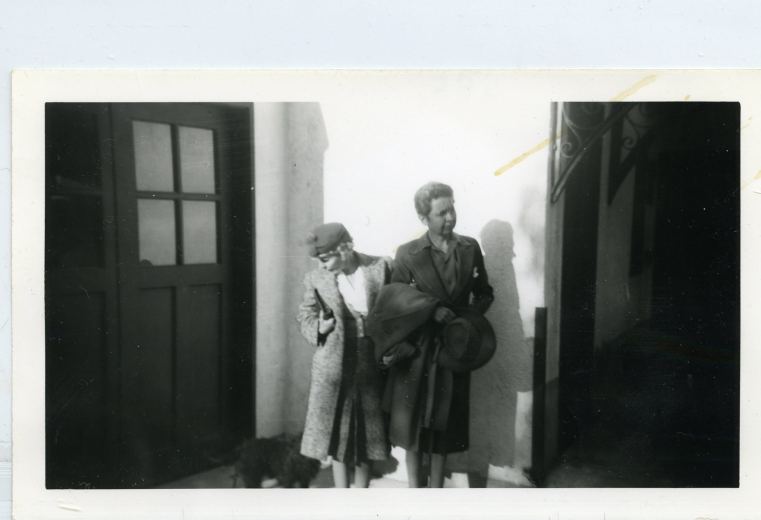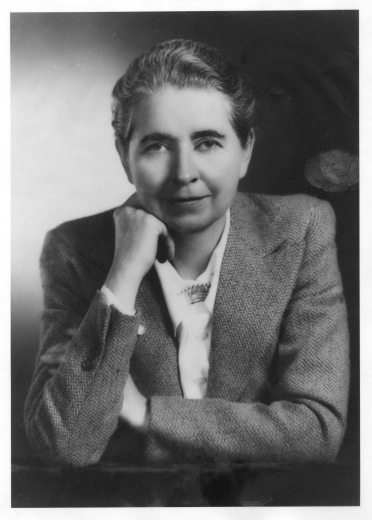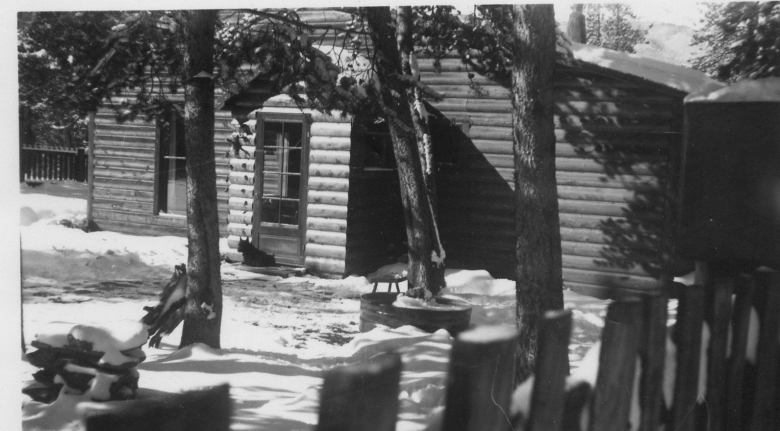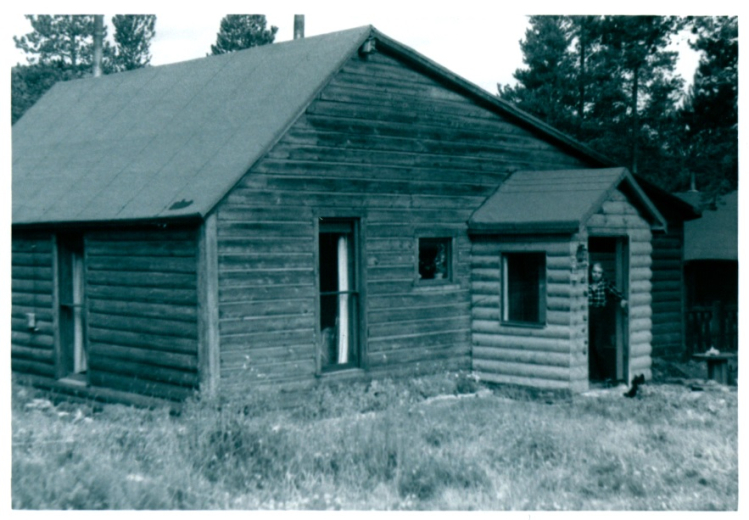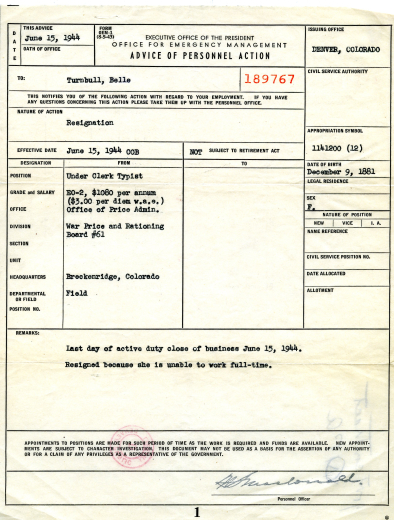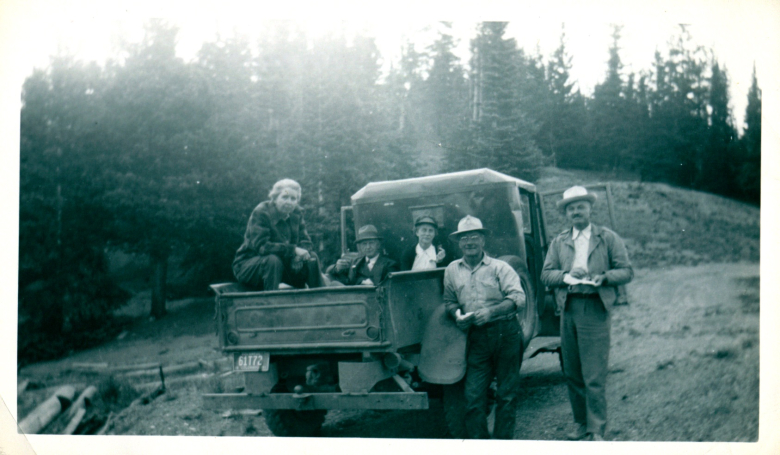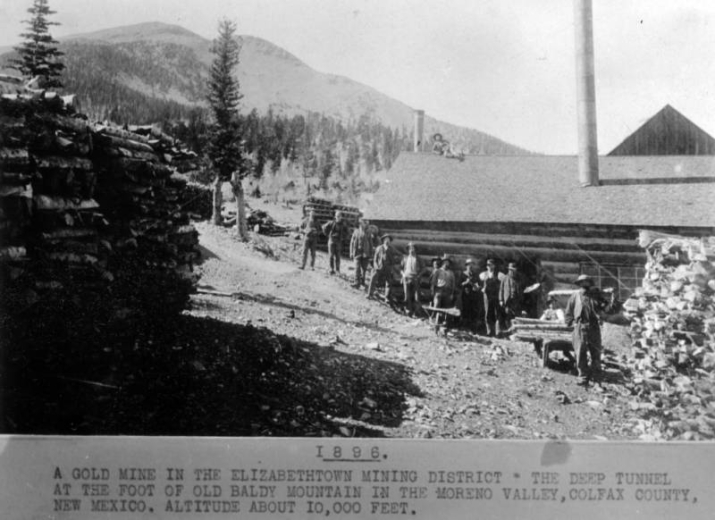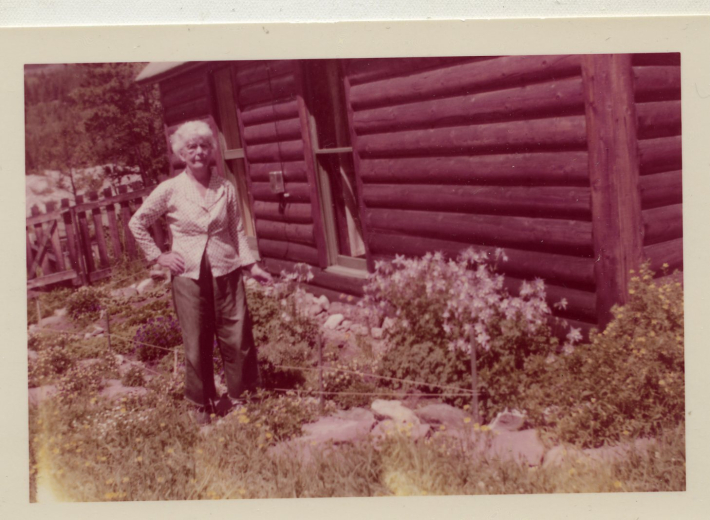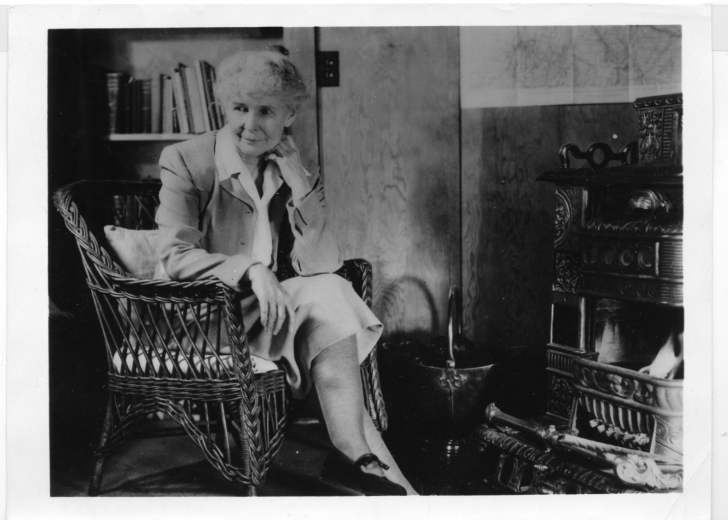Poet, known for her poetry on the Colorado Mining Age and on the landscape of Colorado.
Belle Turnbull was born on December 9, 1881, in Hamilton, New York. In 1890, her family moved to Colorado Springs because of her father’s health. Her father later became the principal of Colorado Springs High School. Belle loved poetry at an early age, and she wrote her poem, “The Canion Trail,” when she was only nine years old. After graduating from Colorado Springs High School, Belle went on to Vassar College in Poughkeepsie, New York. After college, she stayed in New York for a few years to teach English, but knew she wanted to come back to Colorado.
Once Belle came back to Colorado, she became a teacher at Colorado Springs High School. She taught English, Latin and poetry. Her students became interested in iambic pentameter, and she was there to help them with their poetry along the way. Belle eventually became the head of the English Department at Colorado Springs High School, a position she held until she retired in 1936.
Belle met Helen Rich while she was working as the head of the English Department at Colorado Springs High School. Helen was working as the first female reporter for the Colorado Springs Telegraph. The two quickly bonded over their love of writing and went on vacations together. Both wanted to live a life where they could focus on their writing full-time.
In 1937, Belle retired from teaching and moved to Frisco, Colorado, with Helen Rich. After two years, the women decided to move to Breckenridge, Colorado, well before it became a popular ski town.They moved into a log cabin that had breathtaking views, but no electricity or plumbing. Belle acknowledged that her education from Vassar College had never taught her how to chop wood, or what to do with frozen water pipes.
While the women moved to the mountains to have more time to write in the inspiring setting, they both ended up taking on other jobs. When Belle first moved to Breckenridge, she spent some time teaching. Belle later got a job as a typist for war prices and rationing during WWII. Belle made $1,080 a year working part-time during the war, but eventually resigned to spend more time writing. Belle and Helen clearly loved the mountains and their quaint mountain town, as their writing reflected what life was like in the Colorado Rockies during the mining era.
Spanish explorers visited Colorado in the 1600s and 1700s to search for gold and silver. When the Gold Rush in California began in 1849, more people stopped to look for gold in Colorado on their way to California. The Colorado Gold Rush began in 1858 when gold was found on the South Platte River and Cherry Creek. Once gold was found, the discovery of other materials like copper, zinc, silver, lead and coal lead to a boom of industrialization in Colorado.
Belle published two poetry books. Her first book of poetry was The Goldboat, which was published in 1940. The book told the story of love and hardship in a Colorado mining town. Belle wanted to capture the danger of mining and the story of the gold dredging business. Belle then went on to publish The Far Side of the Hill in 1953, which is about a family that lives and works in a mining town. She then published The Tenmile Ridge in 1957. This work again focused on telling the story that life was never easy inside of a mining camp. Belle published a book called Trails in 1968 to finish her writing career. Belle also wrote several unpublished short stories and poems during her career.
In 1938, Belle won the Harriet Monroe Memorial Prize for her excellence in poetry. In 1965, she won the Lee-Huff Award for her work in poetry. Her poem “Mr. Probus” won $100 in a poetry magazine. The poem tells the story of a miner who feels that he is in bondage to the mines.
Belle died on November 21, 1970. She was eighty-eight years old. Belle's companion, Helen Rich, died a year later on November 14, 1971. The Colorado Mining Age had lasted from 1875 until 1950, and Belle helped to show the perspective of what it was like to live in that era. Belle loved the beauty of the mountains, while showing how tough life could be in a small mountain town. Poetry was her passion, and she left scrapbooks filled with different poems that helped to describe how she saw the world.
Iambic Pentameter - Iambic pentameter refers to the number of total syllables in a line of poetry—in this case, 10, composed of five pairs of alternating unstresssed and stressed syllables. Shakespeare used frequently used this style
Quaint - cute, charming
Setting - the location of something
Perspective - to look at someone’s point of view
Hardship - something that is very difficult
Gold Dredging - to remove earth and to look through it in search of gold
Rationing - an allowed amount of something. This is a common practice when supplies are running low especially in a time of war.
Bondage - being enslaved to something
Industrial - related to factories and production
Have you ever written a poem? What was it about?
Have you heard about the Colorado Gold Rush? What do you think life was like as a Colorado miner?
Where could you learn more about the Colorado Gold Rush and mining in Colorado?
Belle Turnbull Papers (scrapbooks, personal papers, and more)
Books on Belle Turnbull from the Denver Public Library:
Belle Turnbull: On the Life & Work of an American Master ( This includes a short biography on Belle Turnbull and includes all of her works of poetry)
Also available at the Denver Public Library:
Helen Rich Papers (pictures, letters, drafts, Helen’s novels and much more. This can be viewed in person on the 5th floor of the Denver Central Public Library.)
More on Helen Rich and Belle Turnbull in Colorado Women: A History
Colorado Mining History Research Guide from the Denver Public Library
Mining resources at the Denver Public Library
More photographs from the Mining Age can be found in the digital collections at the Denver Public Library

